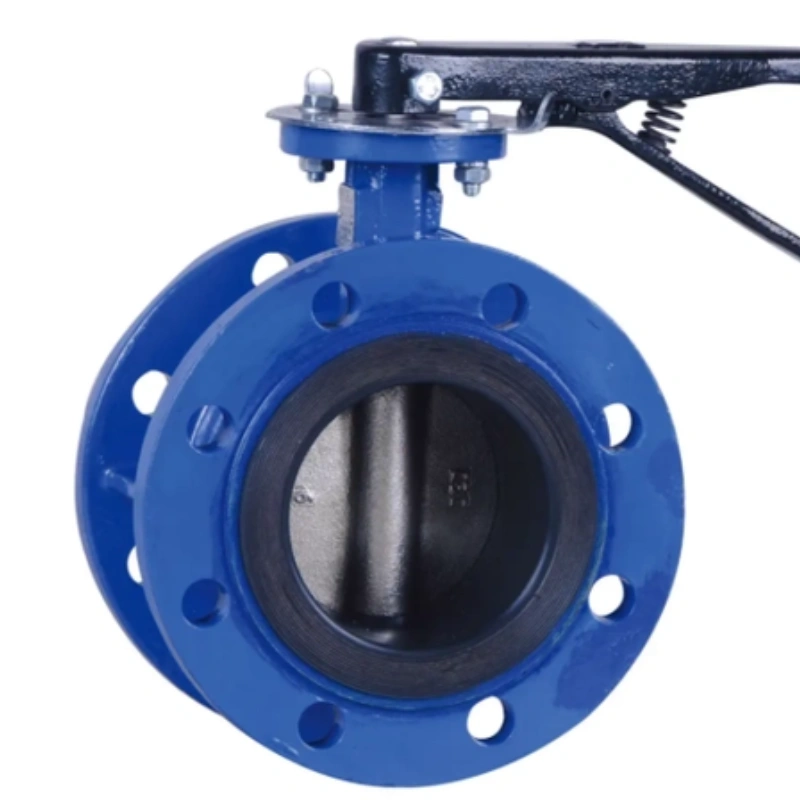dec . 23, 2024 02:56 Back to list
Understanding Internal Thread Gauges for Precision Measurement Applications
Understanding Internal Thread Gauges A Key Tool in Precision Engineering
In the realm of precision engineering, the importance of accurate measurement cannot be overstated. Among various tools that facilitate this process, internal thread gauges play a pivotal role. These gauges are meticulously designed to ensure the accuracy of threaded holes, which are fundamental components in numerous mechanical assemblies. This article delves into the significance, types, and applications of internal thread gauges in today’s manufacturing landscape.
What is an Internal Thread Gauge?
An internal thread gauge is a specialized instrument used to measure the size, pitch, and quality of internal threads in a variety of materials. These threads are typically found in cylindrical components and are crucial for ensuring that screws, bolts, and other fasteners fit correctly. The precision offered by internal thread gauges helps prevent assembly issues that could arise from poorly threaded holes, which can ultimately lead to equipment failure or safety hazards.
Types of Internal Thread Gauges
There are several types of internal thread gauges, each designed for specific measurement tasks
1. Go/No-Go Gauges These are among the most commonly used internal thread gauges. They consist of two parts a Go gauge that should fit into the thread, indicating that the threads are of acceptable size, and a No-Go gauge that must not fit, indicating rejection if it does. This binary system helps ensure that threads meet the specified tolerances.
2. Thread Measuring Wires This method involves using finer wires to measure the pitch diameter of the internal thread. By placing the wires into the threaded hole and measuring the total length, engineers can calculate whether the dimensions meet the required specifications.
3. Plug Gauges Similar to Go/No-Go gauges but designed for precision, plug gauges provide an exact measurement and are often used for more critical applications where tight tolerances are mandatory.
internal thread gauge

Applications of Internal Thread Gauges
Internal thread gauges find application across various industries. Here are a few key sectors where they are indispensable
- Manufacturing In the manufacturing sector, maintaining quality is essential. Internal thread gauges ensure that threaded holes are produced within stringent tolerances, which is crucial for manufacturing components that require high precision.
- Aerospace In aerospace engineering, the reliability of components is paramount. Internal thread gauges help maintain the safety and integrity of aerospace assemblies, where even a minor defect could have severe consequences.
- Automotive The automotive industry relies on robust threading for assembly lines and mechanical connections. Internal thread gauges help assure that components fit together perfectly, reducing the risk of failures or malfunctions in vehicles.
- Construction In construction, threaded holes are common in structural applications. Using internal thread gauges ensures that bolts and fasteners fit snugly, contributing to the overall stability and safety of structures.
Conclusion
Internal thread gauges are invaluable tools in precision engineering, aiding in the measurement and verification of internal threads across various industries. Their role in ensuring quality and safety cannot be overstated, as they help prevent assembly issues that could lead to catastrophic failures. As technology advances, the design and functionality of these gauges continue to evolve, but their fundamental purpose remains unchanged. For manufacturers and engineers, the ability to accurately measure and assess threaded holes is a cornerstone of quality assurance, making internal thread gauges an essential part of the toolkit in modern engineering practices.
-
Why Metric Trapezoidal Thread is Ideal for Precision Motion ControlNewsAug.05,2025
-
The Unique Properties of a Block of Granite for Industrial UseNewsAug.05,2025
-
The Role of Flanged Y Strainers in Preventing Pipeline ClogsNewsAug.05,2025
-
The Importance of Regular Calibration for Master Ring GagesNewsAug.05,2025
-
How a Cast Iron Surface Table Enhances Accuracy in ManufacturingNewsAug.05,2025
-
Comparing Different Check Valve Types for Optimal Flow ControlNewsAug.05,2025
Related PRODUCTS









